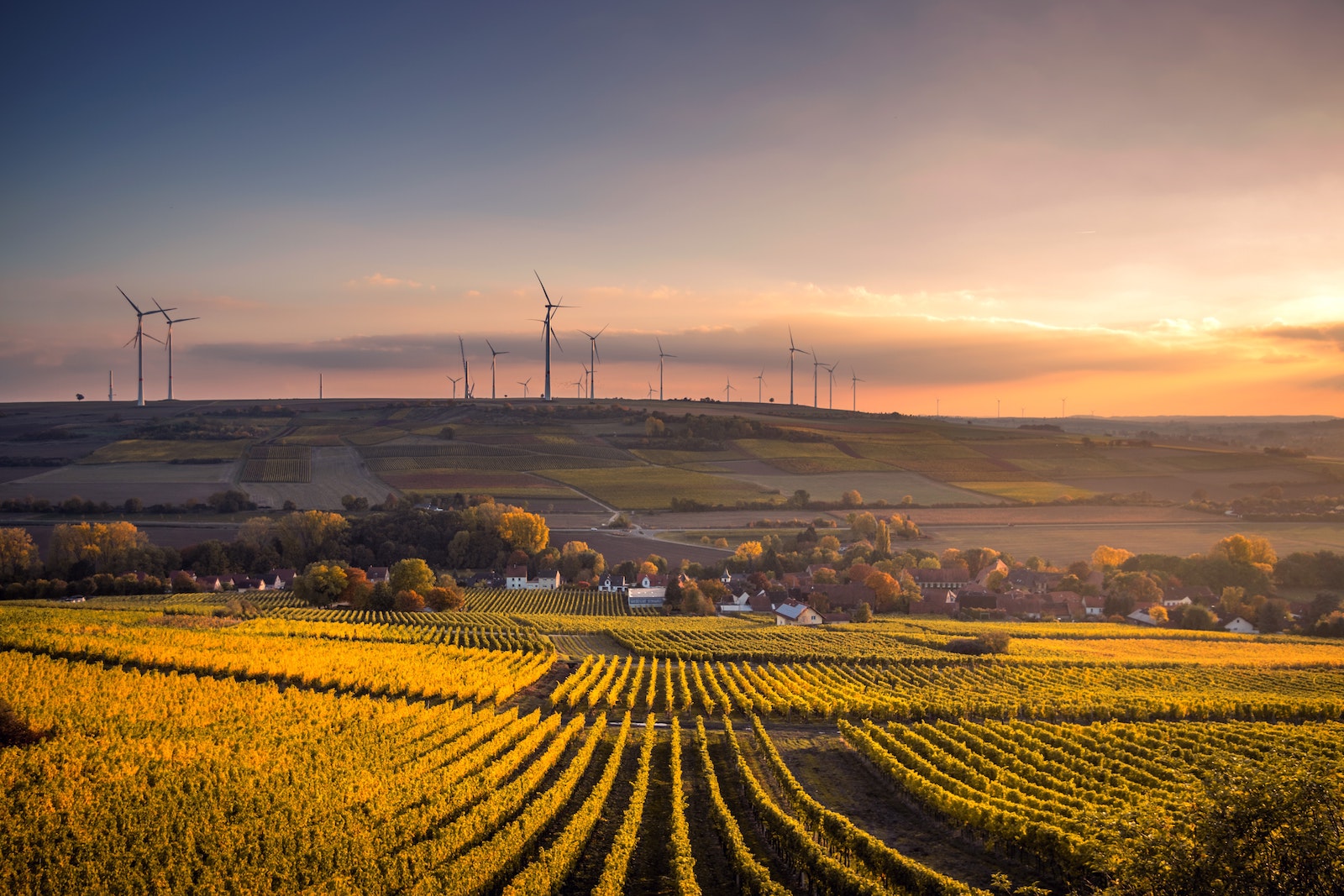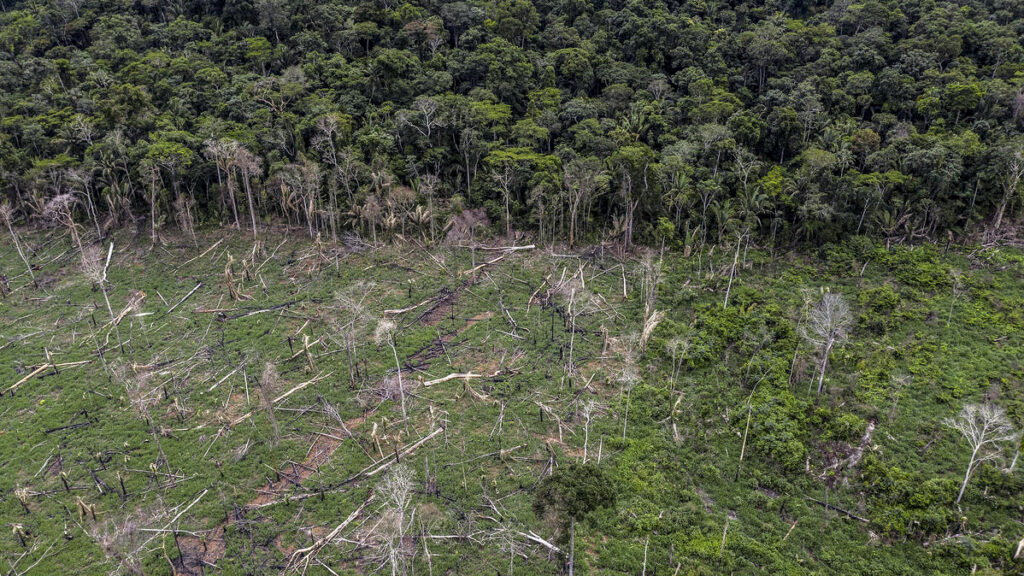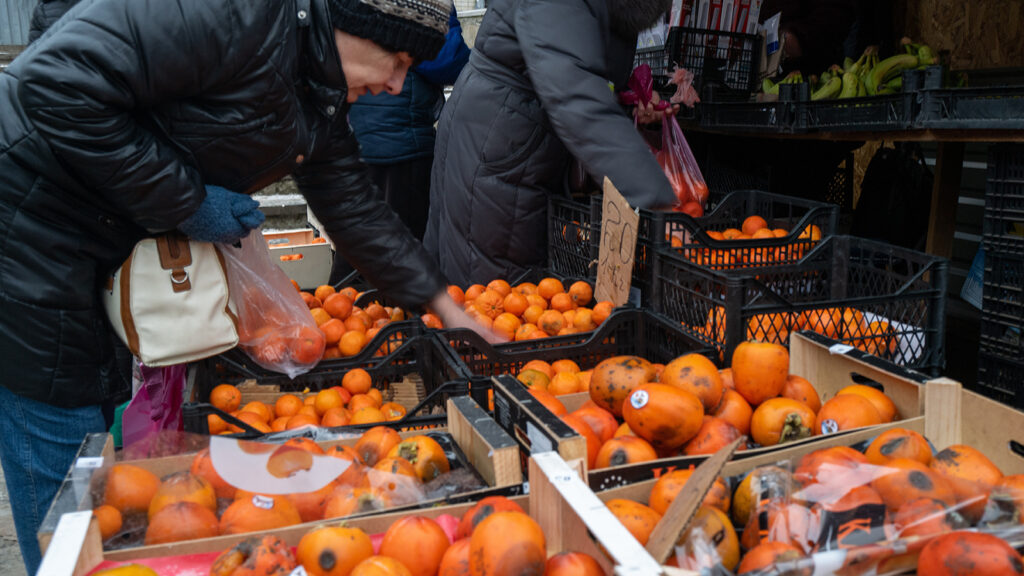Sustainability in the Food Industry: How Companies Can Get Ahead of Stakeholder Demands

Research shows that consumers are interested in buying sustainable products, and in the case of food products, have demonstrated some willingness to pay more for them.
Photo: Unsplash
The quest for sustainability is making life more stressful for manufacturers and retailers across the spectrum, but the food industry has a particularly complicated road to travel. Besides demands to cut greenhouse gas emissions, all kinds of stakeholders — regulators, activist investors, environmental and animal protection organizations, and even consumers — want to see food production and distribution become healthier, more socially responsible, more efficient and more humane.
One day, the industry gets slammed for its carbon footprint, the next for its water usage and the next over animal welfare concerns and deforestation. Oftentimes, making progress in one area opens up a company to criticism in another and forces tradeoffs of one good for another — pitting, for instance, gains in land-use efficiency against biodiversity needs. Competing environmental concerns sometimes prompt food manufacturers and retailers to give in on one issue even if it means compromising strategies on another, including some that might lead to lower emissions over the long run.
Why does that happen? One reason for this counterproductive reaction may be the difficulty many industry players have explaining publicly their sustainability choices. That’s why we recommend that food companies consider creating an internal system that uses the same scale to measure the impacts of all environmental and sustainability activities against each other. With this kind of system, companies would be in a better position to explain their decisions to stakeholders, as well as understand how their choices might play out over time.
Having such a companywide system would allow enterprises to translate this into concrete metrics and then into measurable objectives for managers. Integrating these metrics into a new generation of commercial tools will put sustainability alongside revenue and margin and allow for effective control over day-to-day decisions. When taken to the consumer, this can also be a way for companies to differentiate their offers and support selective price increases.
Tough-to-Swallow Statistics
The food industry accounts for more than one-third of global greenhouse gas emissions, according to a 2021 study by the University of Illinois at Urbana-Champaign. That makes it a likely target for most campaigns looking to cut emissions. So far, the industry has fallen behind others when it comes to sustainability and particularly decarbonization. For example, there are no representatives from the food industry among Earth.org’s top 50 sustainable companies for 2021. A big part of the reason for this is the complex value chain that exists from farm to fork via processing, distribution and retail networks.
Instead of asking, ‘What will stakeholders expect next on sustainability?’ the question to ask is, ‘What new opportunities are opened up by meeting the challenges around sustainability?’
To fashion sustainability agendas, food companies must consider everything from biodiversity, water consumption, farm labor conditions and animal welfare at one end of the chain to transportation, packaging and product safety at the other. As a result of the complexity, and without a measurement system to help sort out conflicting pressures, very few food companies have really taken the lead in tackling sustainability end-to-end, leaving the task of driving the agenda to other stakeholders.
The results are not always optimal, with external stakeholders often focusing on single issues rather than taking a holistic approach to sustainability. Addressing one sustainability concern can cause another to pop up, leaving food companies playing a never-ending game of “whack-a-mole.”
For example, environmental nongovernmental organizations (NGOs) have persuaded some leading food companies to eliminate palm oil from their supply chains because of its negative effects on the planet. These include deforestation and threatening biodiversity.
But the issue isn’t entirely black and white. Palm oil has one of the highest yields per hectare of oil-producing crops, which makes it cheap to grow and attractive to farmers. If food companies can’t use palm oil, then is there an alternative oil that isn’t bad for the planet? That answer isn’t so clear as other oil-producing plants also threaten rainforests and wildlife habitats.
The Environmental Consumer
But it’s not just environmental NGOs that care about these issues. Research shows that consumers are interested in buying sustainable products, and in the case of food products, have demonstrated some willingness to pay more for them. Food companies with consistent and transparent sustainability agendas could more effectively provide consumers with ways to actively contribute to more sustainable consumption. For instance, the use of sustainability scores on products lets consumers understand the impacts of their purchases. Carbon-footprint labeling displays a product’s greenhouse gas emissions in terms of kilograms of carbon dioxide equivalent. Some supermarket apps even show grocery shoppers on the go can calculate the overall carbon footprint of a basket of goods and the proportion of products that are locally sourced.
As consumers get more educated and show preferences for sustainable goods, their choices can be used to persuade suppliers to develop more products that score high on sustainability. Such products will keep food companies ahead of the demands of external stakeholders and allow those that champion these products to differentiate themselves from competitors. They may also support premium prices and higher margins.
To regain control in this way, food companies must be proactive and focus their strategies on future goals, not just addressing complaints. Instead of asking, “What will stakeholders expect next on sustainability?” the question to ask is, “What new opportunities are opened up by meeting the challenges around sustainability?” That’s where the sustainability measurement system becomes an invaluable tool that puts companies in charge of their destinies.
The results could be powerful, as food companies gain a commercial advantage and orchestrate better outcomes for the entire value chain through sustainability agendas. Commercial teams will be informed, incentivized and empowered. Consumers will be engaged and make well-informed choices. Supplier standards will be lifted through both inspiration and the pressure that comes with metrics. In the end, stakeholders will see each company’s vision through its actions and not through stakeholder demands.










